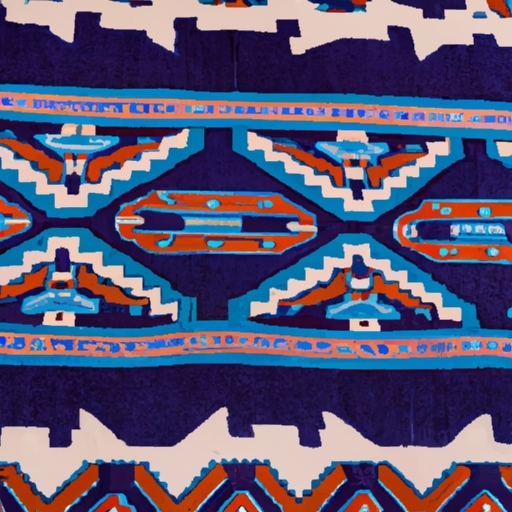
As a person interested in understanding the history of Native American tribes in the United States, you may be wondering if you have Native American ancestry yourself. It is important to approach this question with sensitivity and respect for Indigenous cultures and communities.
There are several ways to determine if you have Native American heritage. One common method is to research your family history and genealogy. Look through old records, photos, and documents for any clues that may point to Native American ancestry. You can also speak with older relatives who may have knowledge of your family's heritage.
Another way to find out if you are Native American is to take a DNA test. Many companies offer genetic testing that can provide information about your ethnic background, including any Native American ancestry. Keep in mind that DNA testing is not always 100% accurate and should be used as just one piece of evidence in determining your heritage.
It is important to remember that being Native American is not just about genetics - it is also about culture, identity, and connection to tribal communities. If you do discover that you have Native American ancestry, it is essential to approach this information with respect and humility. Reach out to Indigenous organizations or tribes for guidance on how to learn more about your heritage and how to respectfully engage with Native communities.
Ultimately, whether or not you are officially recognized as a member of a specific tribe does not diminish the importance of honoring and respecting Indigenous peoples' histories, cultures, and contributions to society. By approaching this topic with an open heart and mind, you can deepen your understanding of Native American tribes in the United States and contribute positively towards promoting cultural awareness and appreciation.
which of the following statements is true of native american craftworks?